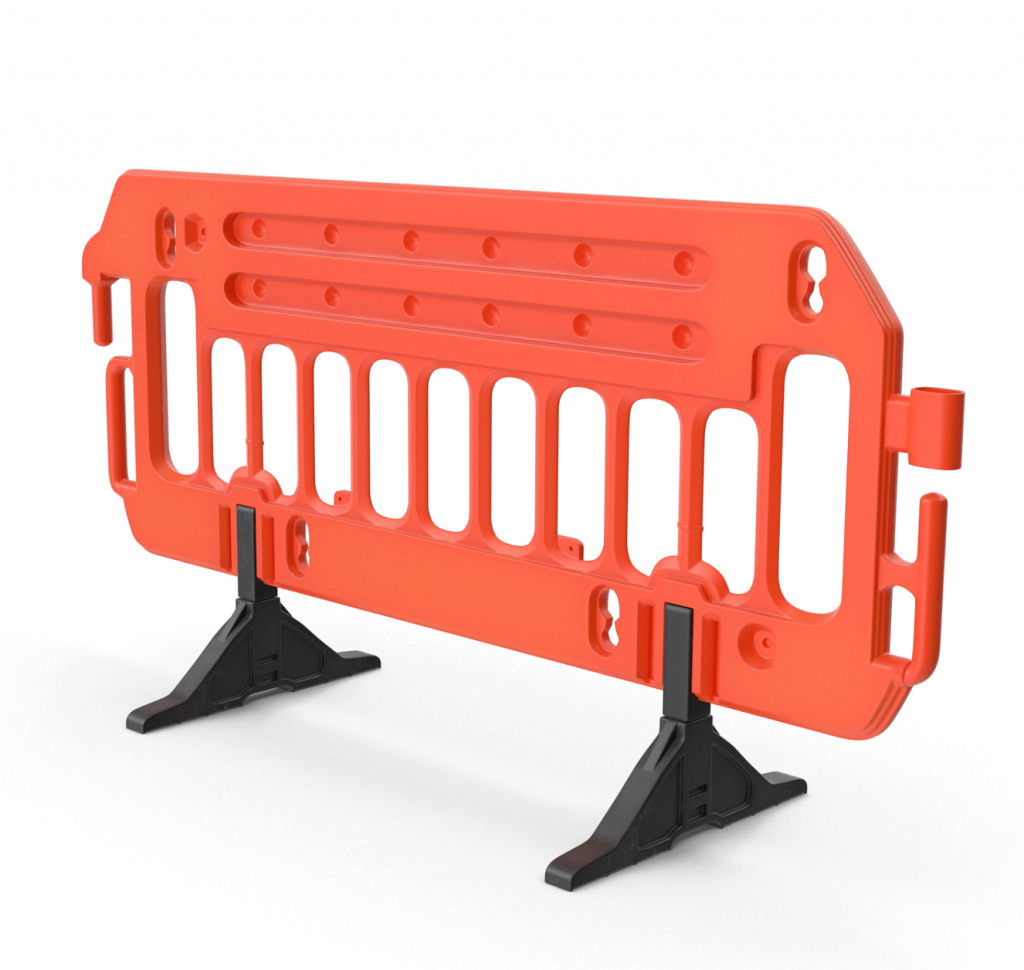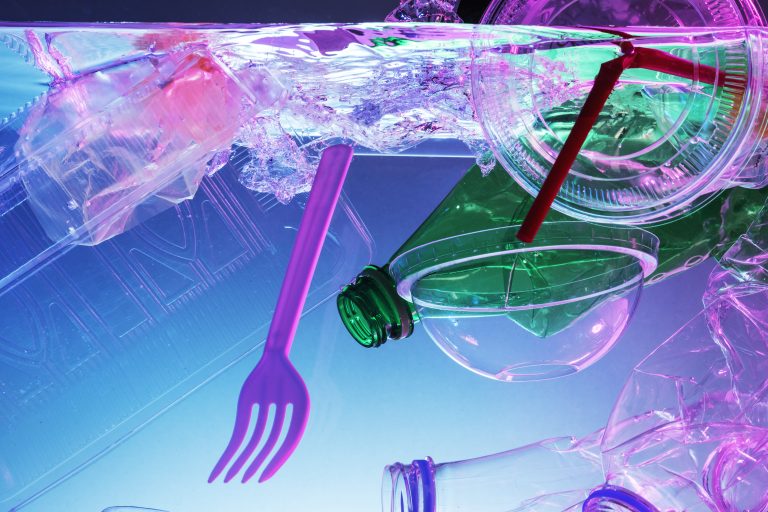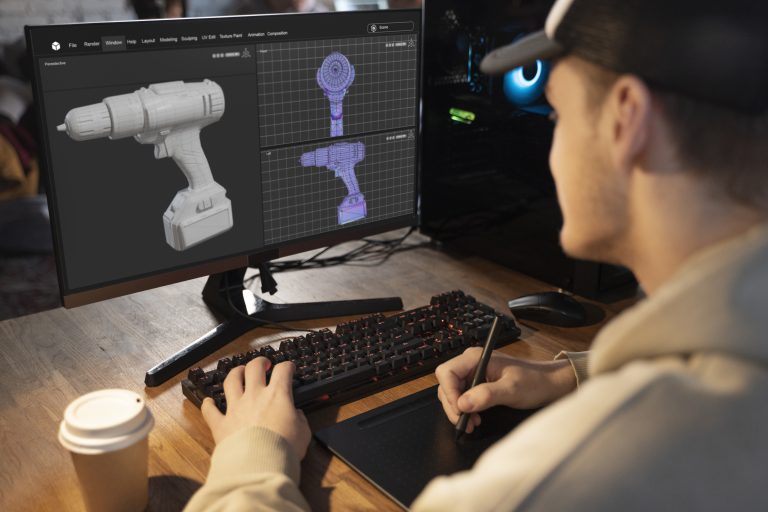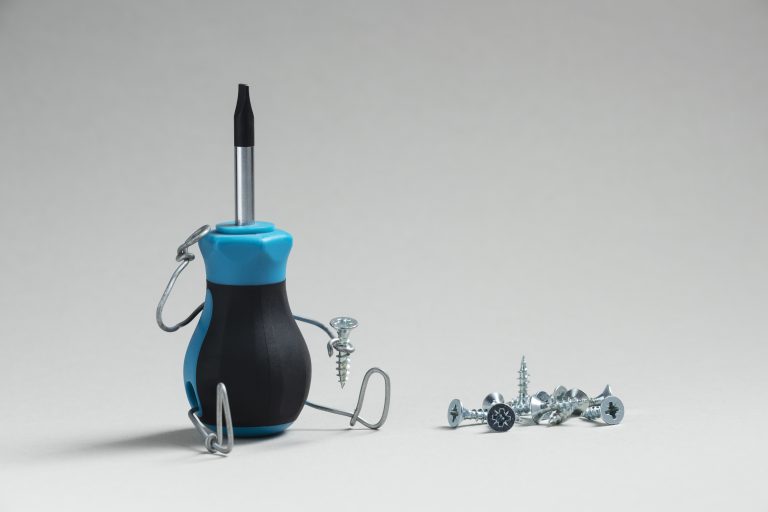The construction industry is well known for being a prolific customer for plastic injection moulding products. This is mainly due to their durability, versatility, cost-effectiveness and attractive finish. However, there are many more reasons why the production method suits this industry so well.
Advantages of plastic injection moulding for construction
Other benefits include the ability to create parts in any size, shape and specification to fit any application. The process also uses many type of plastic that are recyclable (e.g. Polyethylene Terephthalate (PET) and High-Density Polyethylene (HDPE), adding to their sustainability credentials. Plastic injection moulding in construction also lends itself to both mass production and manufacturing single, bespoke items for specialist jobs.
Such is the versatility, then, of the plastic injection moulding manufacturing method that it can be found all over the construction sector. Here are nine examples where the process has proven invaluable.
Electronic housings
Electronics are an integral part of most construction projects. Plastic’s strong insulating properties makes it an ideal material for construction applications requiring electrical wiring or components. These include electric housings, cables; printed circuit board (PCB) elements and electric plugs and sockets. Plastic injection moulding can provide the ideal level of protection and insulation.
Climate control
Plastic injection moulding is the ideal manufacturing process to create parts for systems requiring an element of climate control. In the construction sector, these include air conditioning systems, ventilation systems and refrigeration applications. The excellent insulation that the plastics used provide help reduce running costs and save energy and CO2.
Heating systems
Continuing on from climate control, plastic parts are also essential for heating systems in construction, such as boilers, heat pumps, under-floor heating set-ups, solar power photovoltaic systems and more. Again, the insulation properties make the process extremely effective for this application. The plastic is also impermeable and resistant to chemical damage so it can be used outside in hostile weather conditions, as well as indoors.
Tools
Many tools used in construction contain, or are wholly made from plastic components. Plastic a good choice for tools that are well used, as it is robust, waterproof and can be cleaned easily. It is also smooth to grasp, can be shaped exactly as required and will not rust or rot. Some types of plastic tools can be recycled or reused, adding to their usefulness and keeping the material out of landfill for longer.
Storage
Again, plastic is resilient, cleanable and able to support heavy items, making it useful for construction storage solutions. Tool boxes, warehouse racking, bins etc., can all be made from plastic injection moulding techniques. Storage built inside domestic houses and commercial premises can also be produced using plastic injection moulding, including display racks, shelving brackets and garden equipment containers.
Commercial construction
Plastic injection moulding is present in many commercial construction applications, including conduits for concrete beams, insulation materials and specialist flooring panels. Other uses include roofing vents, drainage components and railing gaskets. Such is the versatility of the manufacturing method that even very specialist requirements, shapes and sizes can be achieved to provide bespoke solutions within the construction sector.
Domestic fittings
Equally, using plastic injection moulding for domestic applications is popular. From decking fasteners, drainpipes and brackets to door handles, drawer knobs and decorative features, the technique produces some beautiful and robust results. The plastic is easy to care for and will not rust, rot or fade. As interior design trends evolve, the flexibility that plastic injection moulding brings allows for regular updating and changes to design.
Construction machinery
Plastic is a great option for various construction equipment because it’s strong, waterproof, and can be molded into precise shapes and sizes. It works well for both big parts and small details. Plastic is often chosen over metal because it doesn’t rust and can withstand harsh weather without breaking.
Signage
Constructions sites require robust, durable signage to keep workers safe, direct people around the area and identify various areas and materials etc. Plastic injection moulding allows signs to be produced that are strong and suitable for prolonged exposure to the elements. They can be produced in any colour, size and shape, with printed writing, symbols, images and branding easily added to make them completely customised and bespoke.





